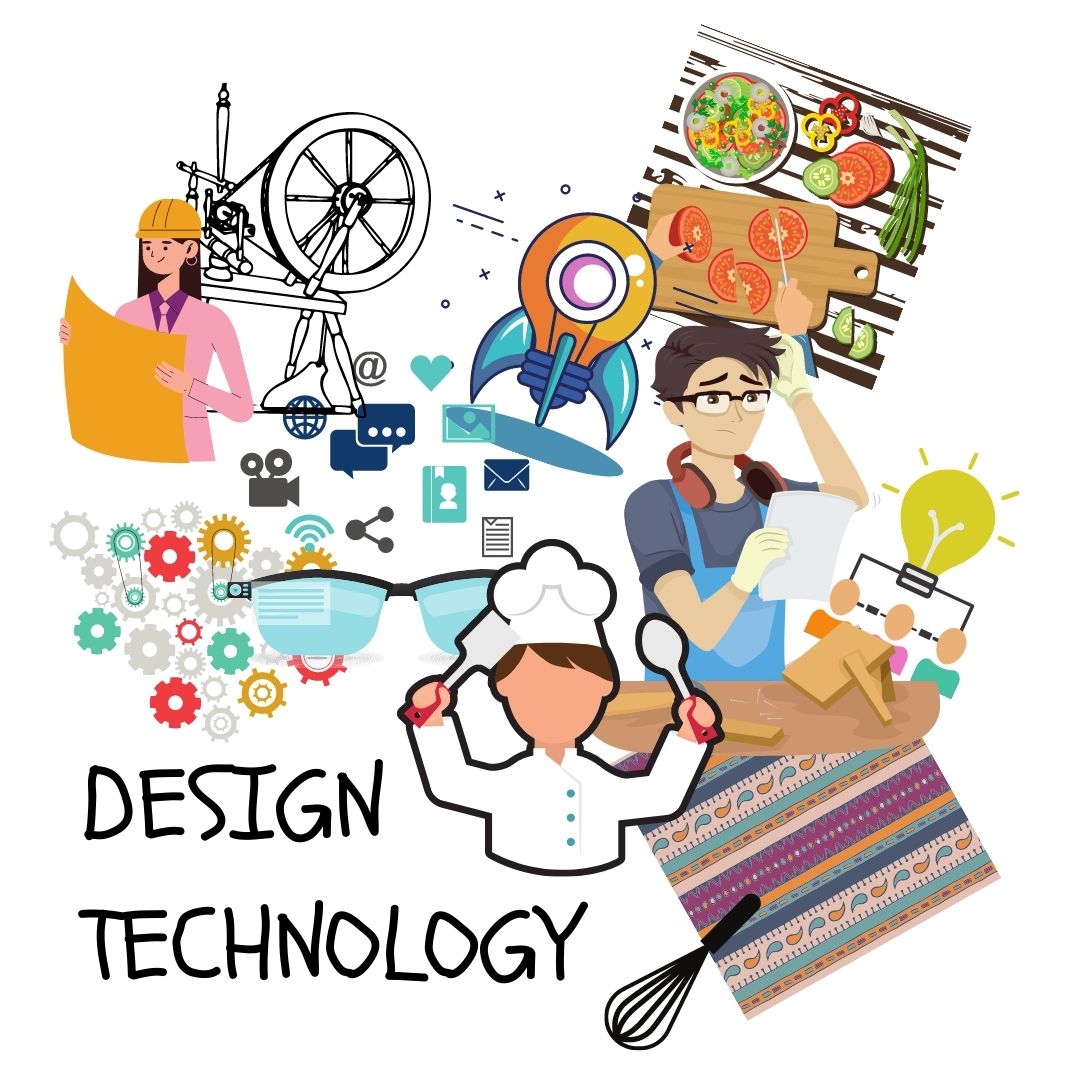
Curriculum Intent
At St Bede’s Catholic Academy, we want children to use creativity, problem solving and imagination to design and make products that solve real and relevant problems. Design technology provides opportunities for creative expression and problem-solving which are an important part of the personal development of an individual. Children have the opportunity to apply and continue to develop skills and knowledge from Mathematics, Science and other subjects within their Design Technology learning. Design Technology reflects our culture and society and so the teaching and learning of DT enables children to better understand the rapidly changing world they live in. Our Design Technology curriculum is progressive, exploratory, and inclusive, building continually upon prior learning and skills.
Our aim is to provide a curriculum that will allow the children to be:
- Creative, technical designers with a positive attitude to their own work.
- Able to develop skills to critique and evaluate their own ideas or products.
- Confident in applying a range of practical skills in the areas of textiles, resistant materials and food.
- Experienced in a range of design areas and explore the work of local, British and global designers throughout history.
Implementation
As a school within the Bishop Hogarth Catholic Education Trust, we teach a progressive set of skills devised by subject specialists with industry knowledge in the field of Design Technology. This ensures that progression of skills and understanding is clearly mapped from Early Years to the end of Key Stage 3. Design Technology is interwoven with other curriculum subjects, giving meaning to their learning. During the Early Years, essential building blocks of children’s design and technology capability are established. There are many opportunities for carrying out D&T-related activities in all areas of learning in the Early Years.
Our Progression of Skills covers the Statutory Framework for both the Early Years and the National Curriculum for Key Stages 1, 2 and 3.
Our Skills progression is split into 5 strands of learning, incorporating design, making, evaluation and technical knowledge, ensuring depth of experience and progression.
These areas are:
- Design Process
- Resistant Materials
- Food and Nutrition
- Textiles
- Products and Designers
Each strand of skills progression offers example content as well as tier 2 and 3 vocabulary, ensuring that core knowledge and skills are revisited and built upon regularly. Children will know more and apply their learning over a range of contexts.
Skills progression strands may be taught through a topic-based approach, a skills-based approach or a blended style to ensure context and skills development in line with wider school curriculum delivery.
Impact
When pupils leave our school, they will have an excellent attitude to learning and independent working, the ability to use time efficiently and work constructively and productively with others, the ability to carry out research, show initiative and ask questions to develop a detailed knowledge of users’ needs. Pupils will have the ability to act as responsible designers and makers, working ethically, using a range of materials carefully and working safely and hygienically. They will have thorough knowledge of which tools, equipment, and materials to use to make a product. Children will have a firm foundation of knowledge and skills on which they will be able to build as they progress into Key Stage 3.